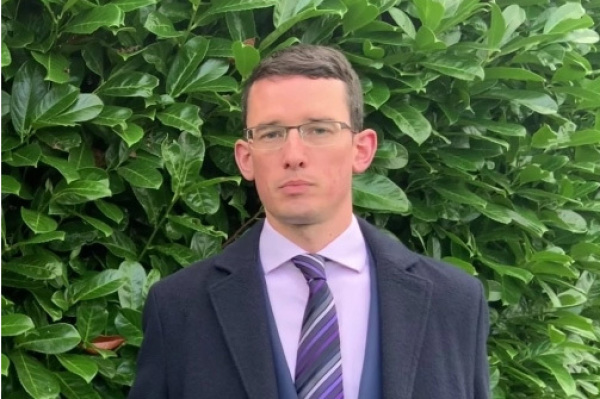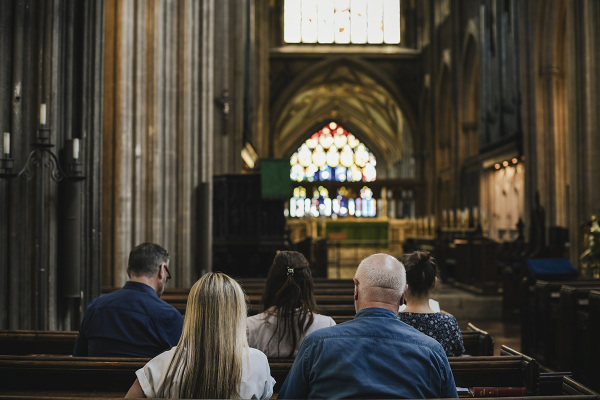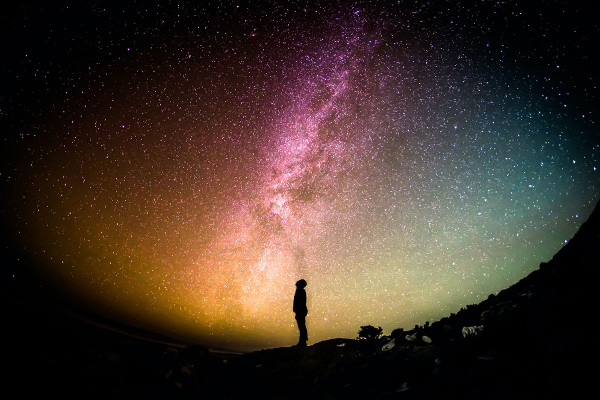New Orleans City Ordinance Vaguely Limits Religious Liberties
A city ordinance passed in October, which arguably violates First Amendment rights, seeks to transform New Orleans' Bourbon Street from a solicitor's paradise into a comfortable tourist attraction.
The ordinance also poses questions regarding religious liberty rights found in the First Amendment.
The Anti Aggressive Solicitation Ordinance, passed unanimously on Oct. 20, 2011, sought to quell the aggressive behavior of solicitors on New Orleans' famous and historic Bourbon Street, which spans the length of the city's French Quarter and wrangles in thousands of tourists every year.
The ordinance prevents people from soliciting between sunrise and sunset near establishments that sell alcohol, ATMs, gas stations or intersections. No physical contact or aggressive language may be used by the solicitor during the transaction or after rejection.
The ordinance was spearheaded by local businesses, which seek to attract tourist business without solicitation driving customers away.
However, one provision of the ordinance has attracted recent attention.
"It shall be prohibited for any person or group of persons to loiter or congregate on Bourbon Street for the purpose of disseminating any social, political or religious message between the hours of sunset and sunrise," the provision, found near the end of the ordinance states.
Although the ordinance has been criticized as an infringement of First Amendment rights of free speech and religion, the law ensures that City Council "intends to recognize free speech rights for all citizens, while at the same time protecting the coexistent rights for all citizens to enjoy safe and convenient travel in public spaces free from intimidation, threats and harassment that stem from certain types of aggressive solicitation."
Bourbon Street has made a name for itself as home to "Street Preachers," "Bible thumpers" and religious protests, which under this new ordinance, can no longer preach their beliefs from sundown to sunrise.
One of the most poignant times for religious protest is the Southern Decadence festival, a week-long gay pride festival held during Labor Day weekend in the French Quarter, heavily concentrated on Bourbon Street.
The festival attracts both members of the gay community as well as anti-gay religious groups, which gather to march down Bourbon Street to protest homosexuality as a sin.
The new ordinance, however, would prohibit these groups from marching from sundown to sunrise, which would greatly limit their scope, as they take to the streets to protest the nightlife revolving around Southern Decadence.
One religious congregation known for heading these protests, The Reformer Church of Marrero, La., was not available for comment.
Although religious groups have remained rather mum on the new ordinance, former mayoral candidate Leo Watermeier has complained that the ordinance is not strictly enforced.
According to Louisiana's local newswire Nola, Watermeier sent a public email to Councilwoman Jackie Clarkson and Councilwoman Kristin Gisleson Palmer last week arguing that the ordinance has not stifled the religious demonstrators, which show up to Bourbon Street on Friday and Saturday nights, after dark, to protest homosexual practices.
Palmer sponsored the law back in October.
Nicole Webre, Legislative Director of Councilwoman Kristin Gisleson Palmer's office, asserts that some critics are reading the ordinance incorrectly. The ordinance was inacted to address public safety issues, namely crowd control on bustling Bourbon Street.
"[The ordinance is] not stopping them from being able to be on Bourbon Street, it's just stopping them from gathering in one area and blocking traffic," Webre told The Christian Post.
"They can go to any of the other streets they want. Bourbon Street is just a different street because of the large crowds," Webre said, adding that it's important to note that the ordinance does not target religious groups, but rather states that all social and political groups are also prohibited from gathering from sunset to sunrise.
This anti-solicitation ordinance is one of many enacted by cities all over the U.S. to promote tourism and make residents feel more comfortable. Cities such as Newport, Calif. and Tacoma, Wash. have also enacted their own anti-solicitation laws in the past few years.






















